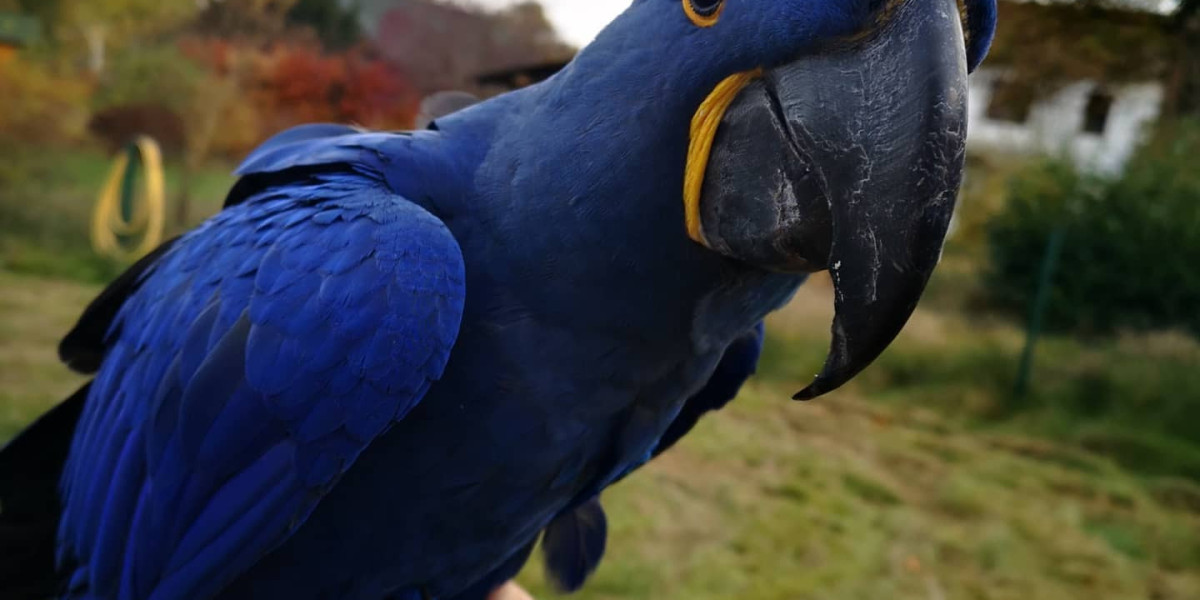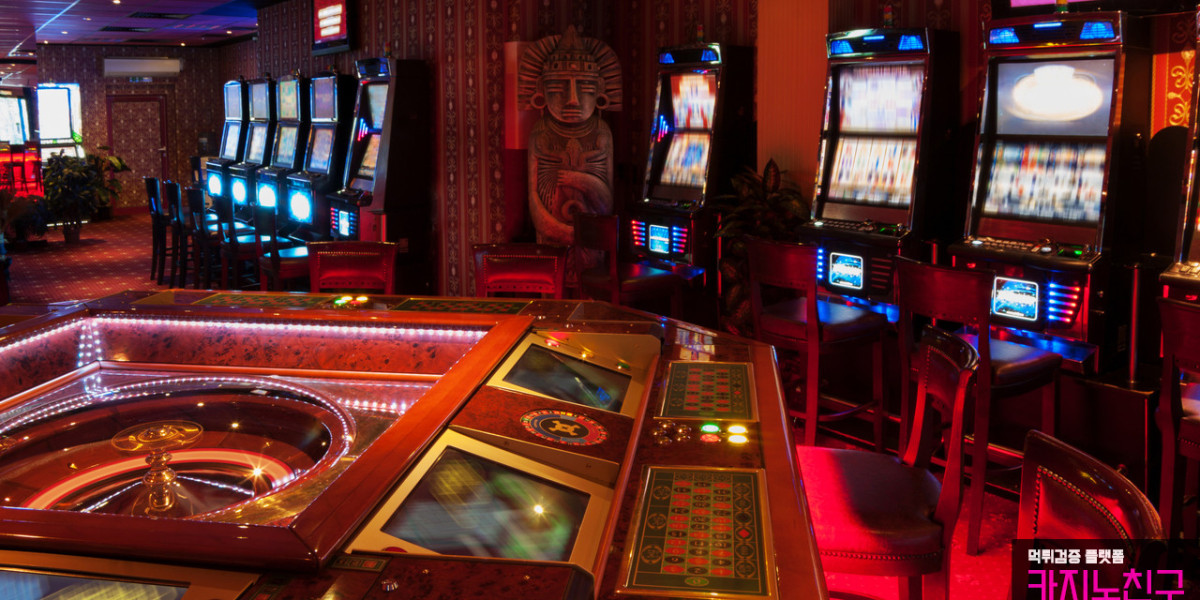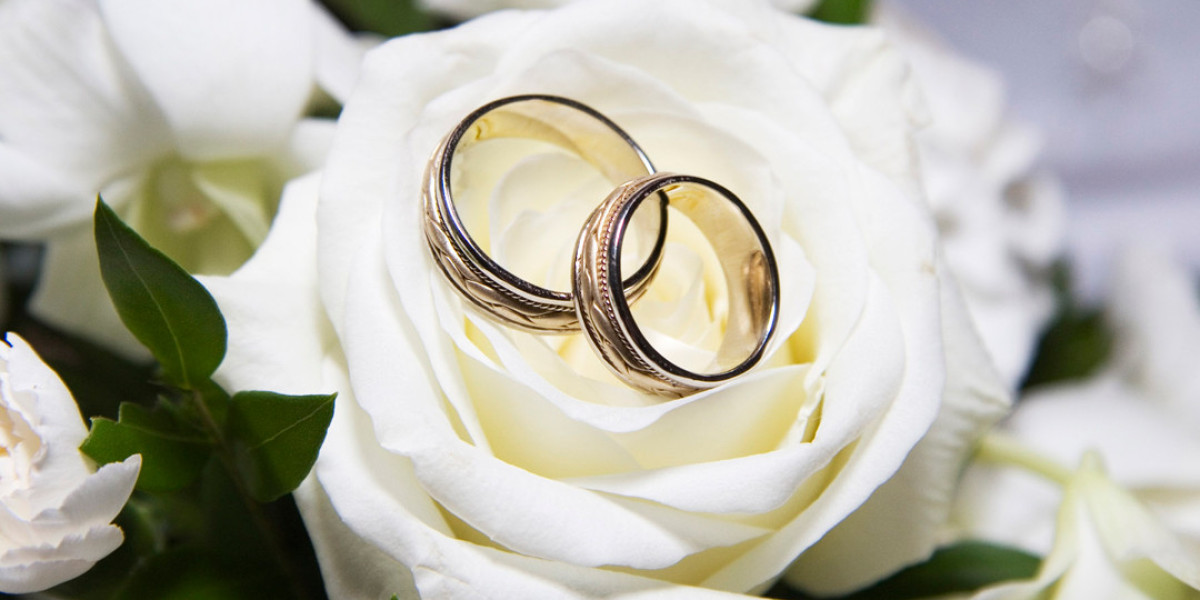Macaws are among the most striking and majestic birds on the planet, often admired for their vibrant plumage, intelligence, and charismatic personalities. Belonging to the parrot family, these colorful creatures can certainly capture anyone’s attention. But behind their beauty lies the critical question: Do macaws make good pets? The answer is not a simple yes or no—it depends on who you are and what kind of commitment you’re willing to make. Let’s dive deeper into their needs, advantages as pets, and the challenges owners may face.
The Allure of a Macaw
Macaws are known for their large size, extraordinary color patterns, and unique personalities. Species like the Blue and Gold Macaw, Scarlet Macaw, and Hyacinth Macaw are particularly popular in the pet trade. They’re highly social birds with strong bonds to their owners, and they thrive on interaction.

One of the most appealing traits of macaws is their intelligence. These birds can learn tricks, mimic human speech, and problem-solve in ways that often astound their caretakers. Their engaging personalities make them feel more like a companion than just a pet. However, their complex nature is exactly what makes their care so demanding.
The Pros of Having a Macaw as a Pet
If you have the time, resources, and energy to devote, macaws can be incredibly rewarding pets. Here are some reasons why:
Intelligence and Bonding
Macaws are highly intelligent and emotionally sensitive. They crave relationship-building and will form deep bonds with their caretakers. Their ability to mimic words, respond to cues, and interact in unique ways makes owning a macaw an enriching experience.Longevity
Macaws have long lifespans, typically living 40 to 60 years (and sometimes longer) in captivity when cared for properly. This means they can be lifelong companions for committed owners.Stunning Appearance
There’s no denying the visual appeal of macaws. Their striking coloration and distinctive form are breathtaking, making them a joy to admire and show off to others. Each species has its own unique aesthetic, further adding to their allure.Sociability and Entertainment
Macaws are playful and love getting involved in social activities, which can be incredibly entertaining. From playtime with toys to interactive games with their owner, these birds bring constant stimulation to any household.
The Challenges of Owning a Macaw
While these birds are amazing creatures, owning a macaw is not for everyone. There are significant challenges that potential owners must be prepared to tackle.
Size and Space Requirements
Macaws are large birds, with some species like the Hyacinth reaching over three feet from beak to tail feathers. They need a spacious cage (at least 36x48x60 inches for larger species) and ample time outside the cage to stretch their wings, climb, and play.Noise Levels
Macaws are loud. They are highly vocal animals, often emitting ear-piercing screeches to communicate or express themselves. This trait can disturb neighbors and may not be suitable for apartment living or quiet households.High Maintenance
These birds require a great deal of attention and stimulation. A bored or neglected macaw can develop destructive behaviors like feather plucking, screaming, or biting. Owners must be prepared to dedicate multiple hours daily to interacting with them.Dietary Needs
Macaws need a varied and nutrient-rich diet. Fresh fruits, vegetables, nuts, seeds, and specially formulated pellets are essential for their health. Poor nutrition can lead to a range of health issues, including obesity and vitamin deficiencies.Cost
The initial purchase price for a macaw can range from £1,000 to £10,000 depending on the species. Additionally, their ongoing care—spacious cages, toys, food, vet bills (especially from avian specialists)—can become quite expensive over time.Longevity Equals Long-Term Commitment
While their long lifespan is a pro for some, it can be a challenge for others. Owners need to ensure they can provide stable, quality care for decades. This makes macaws a responsibility that may outlast changes in personal circumstances like moves, career shifts, or aging.Behavioral Challenges
Macaws are highly intelligent but also demanding. They can develop behavioral issues if not well-trained or if their needs aren’t met. Training, setting boundaries, and socializing them from an early age is essential to ensure a well-behaved macaw.
Is a Macaw Right for You?
Deciding whether a macaw is the right pet for you requires careful consideration. These birds are not low-maintenance pets and should not be acquired on a whim. They are best suited for experienced bird owners or individuals who are thoroughly prepared to meet their significant physical, emotional, and financial needs.
If you:
- Have ample living space,
- Can dedicate several hours a day to interaction,
- Don’t mind loud, vocal pets,
- Are financially able to invest in their care,
- And are committed for the long haul,
then a macaw could make an extraordinary, lifelong companion.
However, if you work long hours, live in a small space, have a tight budget, or cannot handle loud noise, it’s best to consider other pet options.
Final Thoughts
Macaws are undeniably fascinating creatures, but they come with responsibilities that far exceed those of more traditional pets like cats or dogs. They demand time, patience, and resources—qualities that not everyone can provide. While they can make remarkable companions, they are not suited for every household.
Before bringing a macaw home, take the time to research their needs and spend time with macaws in person (e.g., at a rescue center or pet store). This will give you a better sense of whether you’re ready for the unique and rewarding challenge of owning one. Remember, taking on a macaw means committing to a lifelong relationship with one of nature’s most spectacular creations. Choose wisely!







